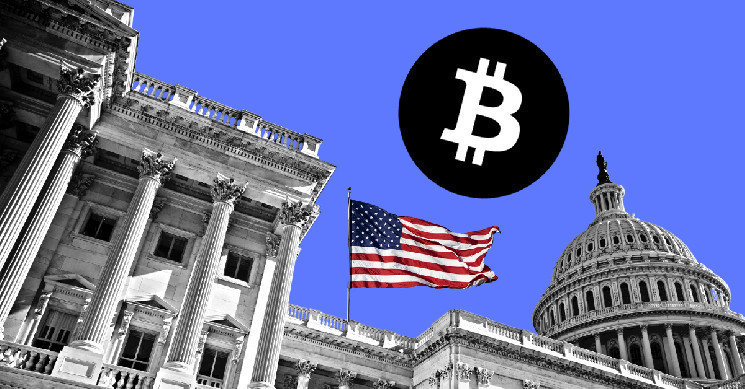The Senate finally passed the H.J. Res 109 Bill earlier today, with a resolution aimed at overturning the SEC’s Staff Accounting Bulletin (SAB) No. 121. Despite rare bipartisan support for passing the Bill, President Biden still has the potential to veto it.
Senate Approval and Legislative Background
The H. J. Res. 109 is a resolution seeking to quash the SEC’s SAB 121, which restricts financial institutions from acting as custodians for digital assets like Bitcoin. Receiving a 60 to 38 vote in the Senate, the H.J. Res. 109 was passed by the House with enormous bipartisan support.
Under the Congressional Review Act, H.J. Res. 109 aims to remove the SEC’s unwanted barriers so that regulated financial firms can offer cryptocurrency custody services.
White House Opposition
However, the White House has clearly stated its opposition to the legislation.
A recent statement from the administration threatened the Bill with the potential use of the President’s veto power if it reaches Biden’s desk. The main contention of the White House is that overturning SAB 121 would “disrupt the SEC’s work to protect investors in crypto-asset markets and to safeguard the broader financial system.”
As expected, the major opposition came from Senator Elizabeth Warren, who urged the Senate to reject the resolution. Her main argument is that digital assets represent a fundamentally different asset class and the unique risks associated with cryptocurrencies, including the potential for hacking, evidenced by incidents such as Binance and FTX fraud.
Arguments from Proponents of the Resolution
In return, the proponents of H.J.Res. 109 counterargue that overturning SAB 121 is essential for consumer protection in the United States.
The main perspective is that a few institutions hold the majority of Bitcoins. This stems from the current custody practices, which have given rise to centralization risks.
Senator Cynthia Lummis is the major proponent of this Bill. Criticizing SAB 121, the Bitcoin advocate stated,
“SAB 121 is a rule under the Administrative Procedure Act, disguised as accounting guidance. The SEC staff published it without the approval of the majority of the commission.”
If SAB 121 is overturned, it would allow more regulated institutions to hold Bitcoin on behalf of customers. Critics of SAB 121 believe financial institutions are well-equipped to handle digital asset custody, given their existing compliance frameworks and security protocols.
Future Uncertainty
I believe Biden now has 10 days to either veto, sign or do nothing. Doing nothing would mean it goes into law just without the signature.
— Eleanor Terrett (@EleanorTerrett) May 16, 2024
But he has said he intends to veto. It will be interesting to see if @realDonaldTrump’s vocal support of #crypto in the last week will… https://t.co/HCPNCOllO7
Fox Business journalist Eleanor Terrett noted on X, “I believe Biden now has 10 days to either veto, sign or do nothing. Doing nothing would mean it goes into law just without the signature.”
However, President Biden already mentioned last week that he plans to cast a veto on H.J. Res 109. Now that Sen Elizabeth Warren has also decided to overturn the Bill, it is likely Biden will stick to his words, given that he would likely side with Sen Warren and SEC’s Gary Gensler.
If the veto is cast, the resolution’s progress will be halted, maintaining the current restrictions on financial institutions’ custody of digital assets.
However, a “pocket veto” could occur if Congress adjourns during the 10 days.
 coinpedia.org
coinpedia.org
